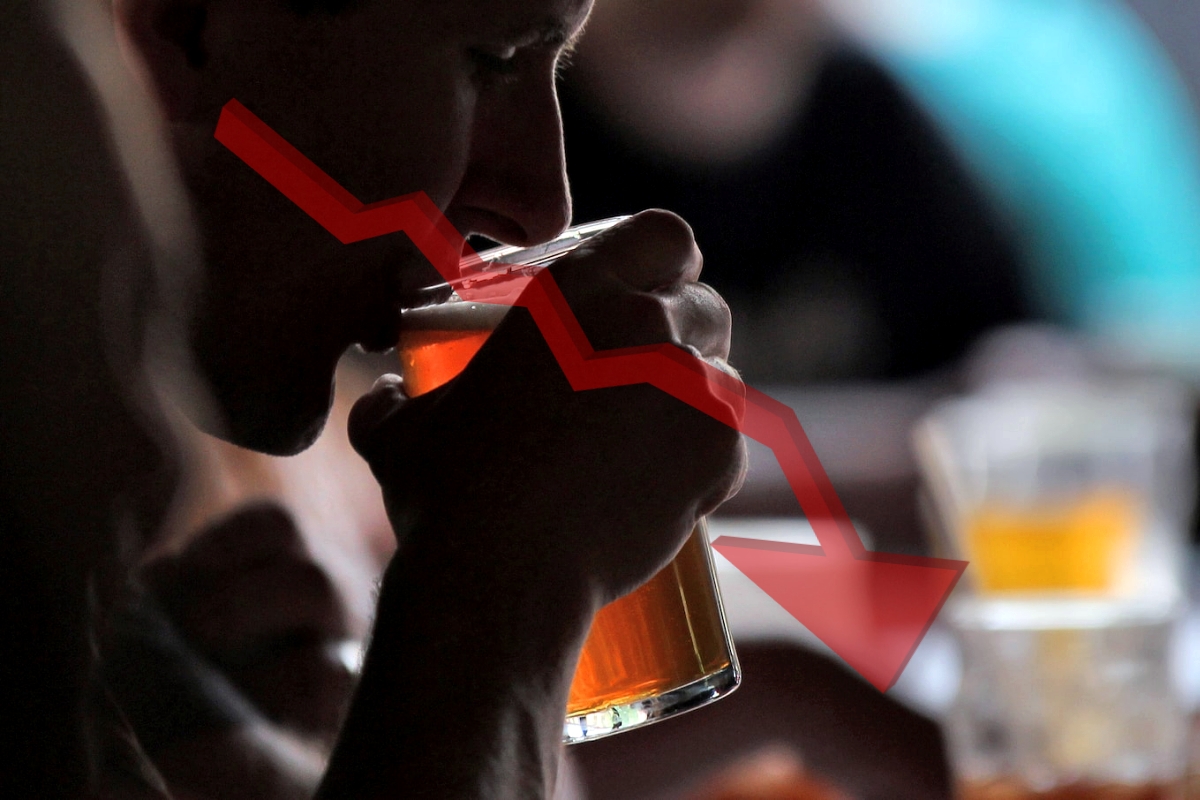
And the plummet continues. It’s no secret that beer sales have dropped over the last while and unfortunately, have continued to plunge. Total beer sales have dropped 7.3% from last year, according to Beer Canada.
However, for Newfoundland and Labrador is not all bad news. Total beer sales are up in Newfoundland by a whopping 20.1%. But in other provinces, sales for retail and service have dropped significantly.
The largest drop this year has been in Quebec, 13.3% compared to last year. Sales have declined in Saskatchewan by 12.6% and by 10.7% in Alberta. Consumption in all areas of the country has fallen, except for the Territories.
In volume, beer sales are 8.3% below pre-pandemic levels and have dropped for a variety of reasons.
Labour shortages are one of the main contributors to the drop. The other key factor is inflation. Alcohol is discretionary; many consumers are cutting expenses to cope with skyrocketing food prices. Beer prices have also risen by 10% to 15% in the last 12 months and will likely rise more next year.
In 2017, the federal government introduced a formula to raise taxes on beer based on the consumer price index (CPI). With this year’s CPI, the deferral portion of taxes on beer could rise by up to 7% in April 2023, which would be a record. Some provinces have expressed sympathy by not raising their tax portion on alcohol products, but not federal government – at least not yet.
Continuing labour issues and market changes will entice the food industry to adjust and seek new opportunities, for better or worse.
